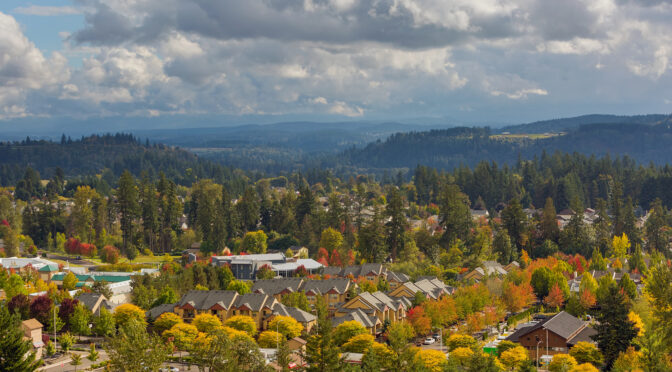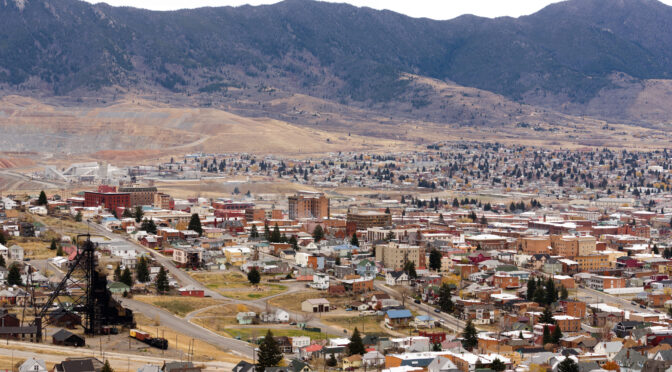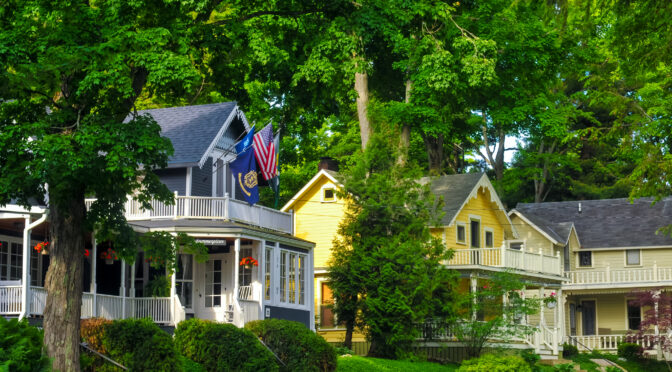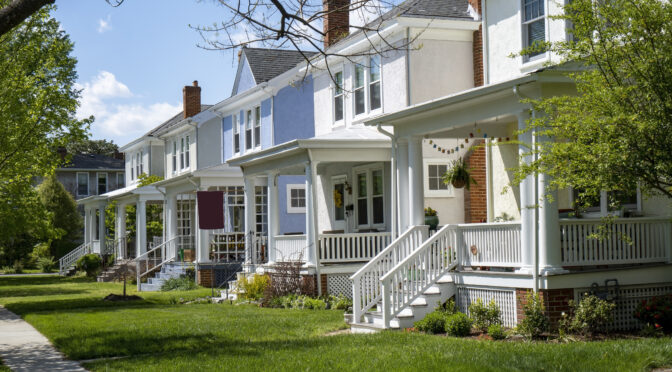How to Invest in Real Estate in Oregon
How to Invest in Real Estate in Oregon
Investing in real estate in Oregon can be a lucrative venture due to its diverse economy, beautiful landscapes, and growing population. Here’s an overview of how to invest in real estate in Oregon, key locations to consider, future developments, job markets, financial options, and more.
Finding Real Estate Investment Properties in Oregon
1. Online Listings: Use websites like Zillow, Realtor.com, Redfin, and LoopNet for commercial properties.
2. Local Real Estate Agents: Engage with agents who specialize in investment properties in your target areas.
3. Real Estate Investment Groups (REIGs): Join local networking groups to gain insights and find potential deals.
4. Foreclosure Auctions: Consider properties that are being foreclosed or auctioned for investment opportunities.
5. Direct Mail Marketing: Send targeted mail to property owners in desired neighborhoods or areas.
Key Locations for Investment
1. Portland: A vibrant city with a strong job market, diverse economy, and significant rental demand.
2. Bend: Known for its outdoor recreational opportunities and growing tourism, this city has seen a housing boom.
3. Salem: The state capital with a stable economy and home to several educational institutions.
4. Eugene: A college town with steady rental demand due to the University of Oregon and a strong healthcare industry.
5. Corvallis: Home to Oregon State University, offering steady demand for rental properties.
6. Medford: In southern Oregon, known for its affordability and growing community.
Future Developments
Transportation Improvements: Projects to enhance public transport and accessibility can promote growth in surrounding areas.
Urban Renewal Projects: Cities like Portland and Eugene are continuously working on revitalization efforts, which can increase property values.
Residential and Mixed-Use Developments: New construction in urban areas can expand housing supply and attract residents.
Job Markets
Portland Metro Area: Thriving tech sector, healthcare, and higher education employment.
Bend: Growth in tourism, outdoor recreation, and remote work opportunities have bolstered job prospects.
Salem: A steady job market centered around government, healthcare, and education.
Eugene: Employment opportunities in education, healthcare, and technology.
Financial Options
1. Conventional Loans: Standard loans for investment properties can have competitive interest rates.
2. FHA Loans: Might be available for certain multi-family units if meeting owner-occupancy requirements.
3. VA Loans: Available for military veterans, offering unique advantages for those who qualify.
4. Hard Money Loans: Short-term loans for quick financing, often used for fix-and-flip properties.
5. Partnerships: Teaming up with other investors can help to distribute risks and share capital.
6. 1031 Exchange: Utilize to defer taxes on gains when reinvesting in similar properties, beneficial for rental investors.
Commercial Development
1. Retail Investments: Look for areas with rising populations and growing foot traffic for retail opportunities.
2. Office Spaces: As remote work becomes more common, consider areas with demand for flexible office spaces.
3. Industrial Properties: Warehousing and distribution centers take advantage of Oregon’s location as a transportation hub for Pacific Northwest logistics.
Housing Development
Single-family homes: Generally in high demand, particularly in urban areas.
Multi-family developments: Meet the growing rental market demand.
Affordable Housing: Increasing focus from local governments can create opportunities for investors.
Best Cities to Live
1. Portland: Offers a vibrant culture, excellent food scene, and numerous parks.
2. Bend. Ideal for outdoor enthusiasts, boasting stunning views and recreational activities.
3. Eugene: Known for its arts, culture, and access to nature.
4. Corvallis: A college town with a great community and great schools.
5. Medford: Offers affordability while maintaining access to nature and urban amenities.
Conclusion
Oregon presents numerous opportunities for real estate investors. By carefully considering locations, future developments, financing options, and understanding the local job markets, you can make informed investment choices.
Rehab Lend LLC
Rehab Lend LLC is your premier Oregon hard money lender, specializing in empowering house flippers and residential investors with the financial tools they need to succeed.
Our tailored fix and flip loans and residential bridge loans provide quick, flexible funding solutions designed to accelerate your investment goals. Helping you find how to invest in real estate in Oregon.
With a focus on direct private lending, we understand the unique challenges of the real estate market, ensuring a seamless process that enables you to seize opportunities and maximize your returns. Trust Rehab Lend LLC to be your partner in transforming properties and building wealth, one investment at a time.
Always conduct thorough market research and due diligence when exploring potential investment properties.







